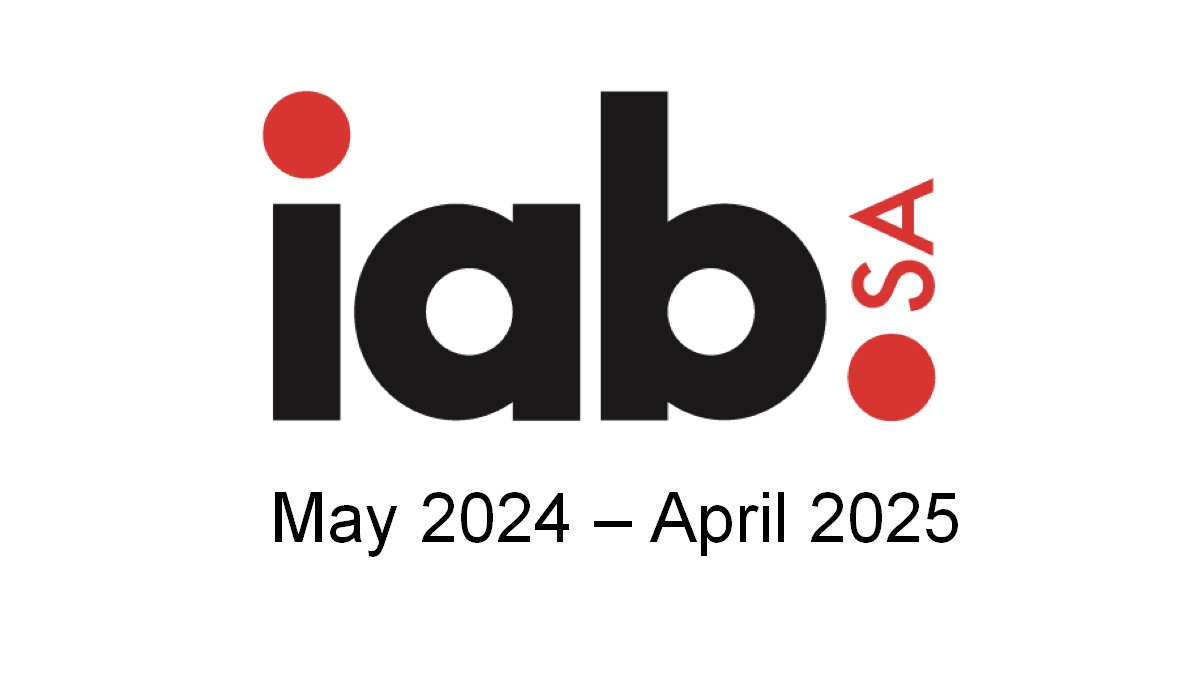Johannesburg – South Africa saw a marked decline in rhino poaching during 2020, with the killing of rhino declining by 33%.
“While the extraordinary circumstances surrounding the battle to beat the COVID-19 pandemic contributed in part to the decrease in rhino poaching in 2020, the role of rangers and security personnel who remained at their posts, and the additional steps taken by government to effectively deal with these and related offences, also played a significant role,” said Environment, Forestry and Fisheries Minister, Barbara Creecy on Monday.
During the various lockdown alert levels in 2020, the movement of alleged poachers and rhino horn smugglers was curtailed.
Alongside this, the steps to address rhino poaching and wildlife crime across the country were aligned to both the Integrated Strategic Management of Rhinoceros and the principles set out in the draft National Integrated Strategy to Combat Wildlife Trafficking (NISCWT).
After 10 years of implementing various strategies to combat rhino poaching by local poachers, who are recruited and managed by crime syndicates, South Africa managed to arrest the escalation of rhino losses, and has now seen a year-on-year reduction in the number of poached rhinos.
“While this success should be celebrated as a moderate win, we cannot become complacent as the escalating demand in consumer countries ensures a lucrative black market trade and thus relentless pressure on all resources to combat this organised crime.
“To move from the current moderate win to a strong win, we are focusing on a more proactive and integrated approach that builds on existing initiatives and blurs the distinction made between national, provincial and private parks, while increasing situational awareness.
“This Integrated Wildlife Zone approach prevents borders and boundaries from inhibiting planning and implementation to achieve maximum benefit,” the Department of Environment, Forestry and Fisheries said in a statement.
During 2020, a reported 394 rhino were poached for their horn in South Africa. This is 33% less than the 594 killed in 2019. This marks the sixth year that rhino poaching has continued to decrease in South Africa.
During 2020, the Kruger National Park experienced 1 573 poacher activities, a decrease of 21.9% in comparison to the number in 2019, which was 2 014.
During 2020, a total 247 rhino were poached for their horns in South African National Parks – 245 in Kruger National Park and two in Marakele National Park.
A total of 16 elephants were poached for their ivory in the Kruger National Park during 2020, a decrease of 48.39% compared to the 31 killed in South African National Parks (Kruger National Park and Marakele National Park) in 2019.
“During the COVID-19 hard lockdown period, we had a significant reduction in poacher incursions into the KNP. However, that changed later in the year as the lockdown levels eased and a significant spike in poaching in the KNP was experienced towards the end 2020, especially during December,” the department said.
Arrests
A number of successful arrests and prosecutions have also been recorded in the past 12 months, giving credence to the integrated work of law enforcement agencies, including the police, the Hawks, SANParks, the Environmental Management Inspectorate (Green Scorpions), customs officials, SANDF, provincial park authorities and the National Prosecuting Authority.
From January to December 2020, a total of 66 alleged poachers were arrested within the Kruger National Park.
A total of 90 people were arrested for rhino poaching and rhino horn trafficking outside the KNP, and more than 25 major investigations were undertaken across the country.
A total of 45 cases were finalised with a verdict, while 44 convictions were obtained, representing a remarkable 97.8% conviction rate. The 44 convictions include 69 convicted accused.
Countries working together, sharing of information and investigations to combat wildlife trafficking remain a key to the success in combating wildlife trafficking.
Within the region, information sharing between Botswana, Eswatini, Kenya, Namibia, Mozambique and Zimbabwe continues to result in positive outcomes, while engagements with Vietnam have seen rhino samples submitted to the RHODIS DNA database for analysis and further investigation.
Malaysia and Singapore have also greatly assisted in several investigations and the submission of rhino horn samples to RHODIS. Information sharing between South Africa, China and Hong Kong has begun to further enhance the ability to combat rhino horn trafficking.
NGOs and donors have identified various community developmental programmes, including awareness programmes, in provinces such as Mpumalanga, Limpopo, KwaZulu-Natal and the North West, in collaboration with its partners, SANParks, provincial governments and neighbouring countries.
Members of the public can report any suspicious activities around wildlife to the environmental crime hotline on 0800 205 005 or the SAPS on 10111.
– SAnews.gov.za
Follow @SundayWorldZA on Twitter and @sundayworldza on Instagram, or like our Facebook Page, Sunday World, by clicking here for the latest breaking news in South Africa. To Subscribe to Sunday World, click here.
Sunday World




